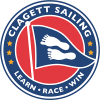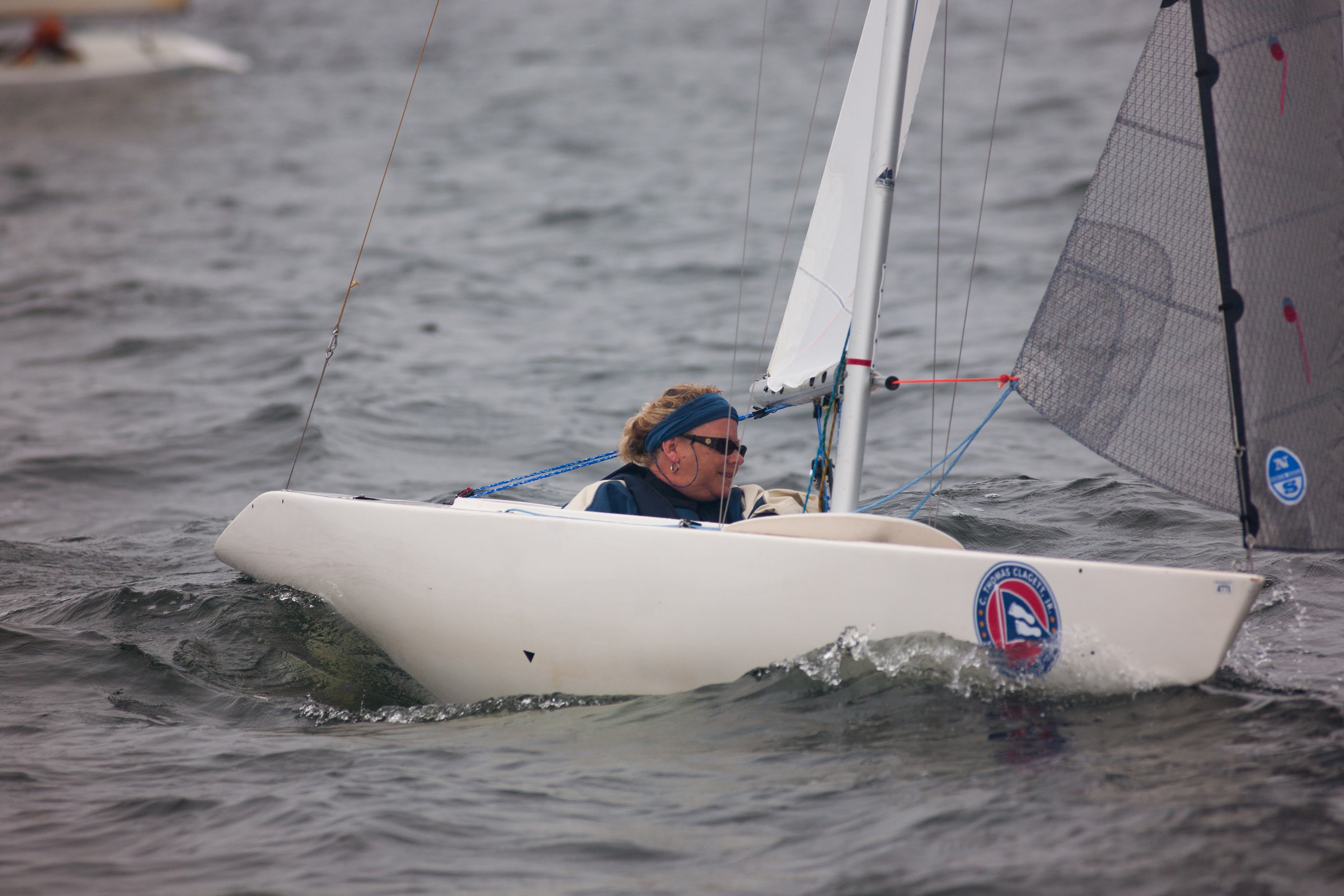CLAGETT SAILING
CLAGETT Sailing Presents: The C. Thomas Clagett Jr memorial Clinic and REGATTA in NEWPORT
Get Involved
Programs
- About Us
- Regattas
-
CLAGETT Sailing Presents: The C. Thomas Clagett Jr memorial Clinic and REGATTA in NEWPORT
-
- Get Involved
- Programs
- Sponsors
- Media
- Resources


